BENEFITS OF FSSI
- Reduction in the costs of cultivation by 20-30 percent
- Reduction in seed material up to 95 percent
- Water efficiency increases with savings up to 40-70 percent (depending on the irrigation methods applied)
- Reduction in the use of labour by 20-30 percent
- Yield improvement of 20-50 percent (depending on how effectively the FSSI practices are implemented)
- Weed reduction by 40-60 percent (in the first three months) by raising intercrops
- Additional income from intercrop
Indirect Benefits:
- Subsidiary prices to all the members
- A minimum increase in yield by 25 % yield will fetch extra income for farmers.
- Rural employment
- Community in the SPOs region will get benefited with surplus seed supply (non-members)
- Reduced water and fertilisers may lead to a decrease in carbon footprint
- Farmer family indirectly get benefited through the FSSI
Distribution Function and Capacity Building Training
Once the seedlings were ready a function was organized for its distribution to the beneficiaries on 12th March 2021. The Program was attended by 100 farmer members, Board of Directors of the Sugar SPOs, NAPP board member- Muniraju K. S, Fairtrade NAPP Team, Representatives of Sugar Exporter-Pure Diet.
In one particular variety, the seed efficiency rate per tray was achieved at 89 percent.
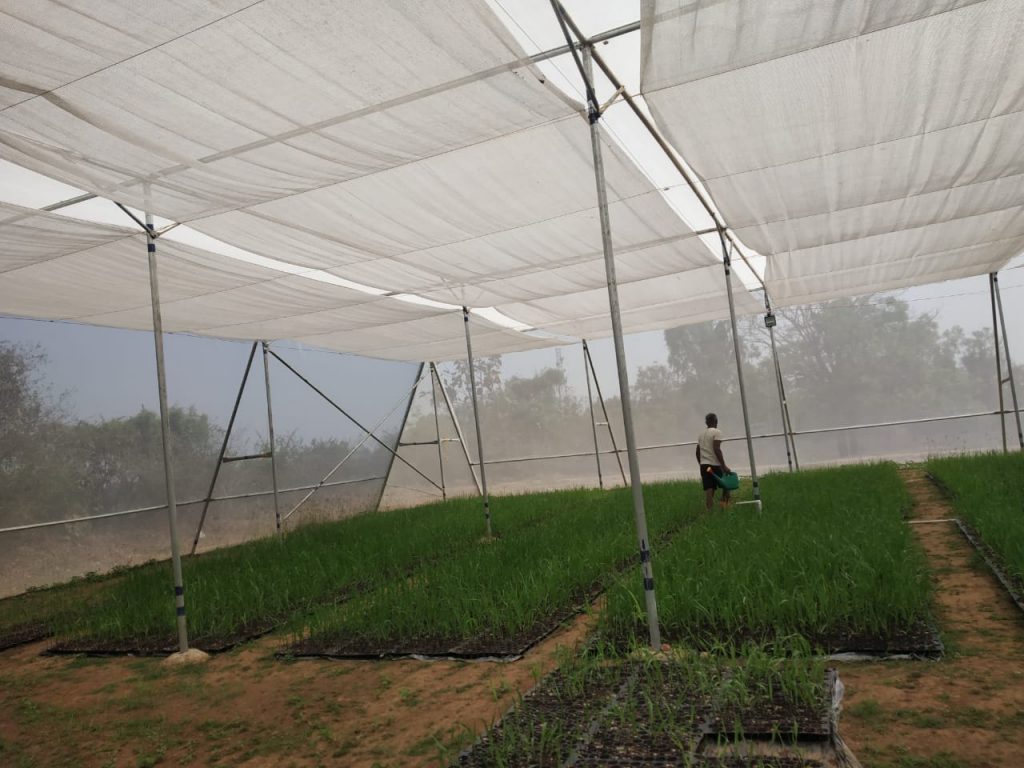
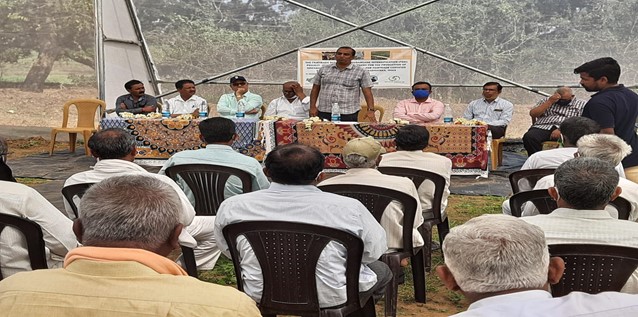 During the Program a capacity building training on Good Agricultural Practices in Organic Sugarcane cultivation was imparted by Dr. Sunil Kumar Nooli; Scientist from Agriculture Research station, Sankeshwar, Belgaum District, Karnataka
During the Program a capacity building training on Good Agricultural Practices in Organic Sugarcane cultivation was imparted by Dr. Sunil Kumar Nooli; Scientist from Agriculture Research station, Sankeshwar, Belgaum District, Karnataka
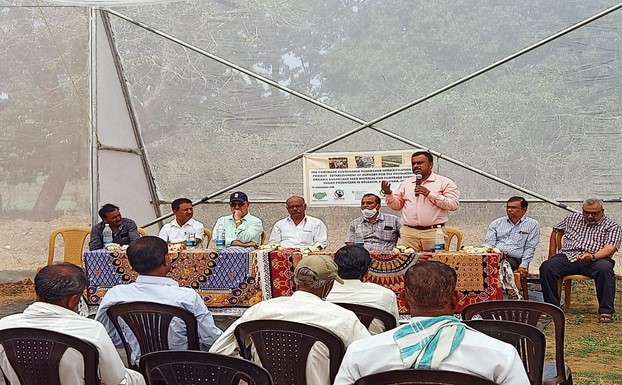 The Fairtrade sugar SPOs was represented by Muniraju K. S; Fairtrade NAPP – Board member who provided a brief on the background of the project supported by Max Havelaar- Switzerland and funded by SECO. He also explained how the farmers will be benefited through the new method of planting that will provide them better yield, better quality, reduced water consumption, and lower cost of production.
The Fairtrade sugar SPOs was represented by Muniraju K. S; Fairtrade NAPP – Board member who provided a brief on the background of the project supported by Max Havelaar- Switzerland and funded by SECO. He also explained how the farmers will be benefited through the new method of planting that will provide them better yield, better quality, reduced water consumption, and lower cost of production.
”On behalf of all our SPO members my heartfelt thanks to Max Havelaar and SECO for supporting us during these challenging times which is as sweet as our Cane Sugar. We look forward to your kind and continued support for the betterment of small farmers’ life. On behalf of Fairtrade NAPP, I personally thank our project implementing partner ARVI Enviro Engineers LLP” – Muniraju K. S; Fairtrade NAPP – Board member
Distribution Acitvity
In Phase -1: 2500 Sugarcane Seedlings (Plants) were distributed to each of 30 farmers
In Phase-2, the Sugarcane setts (Chip buds) selected from the cultivation of Phase-1 sugarcane will be used for raising seedlings. It will target covering more than 100 farmers with 250,000 plants being distributed to them.
The Project has directly benefitted 936 families and over 1000 family members as indirect beneficiaries that include youth, adult, children, and old age family members.
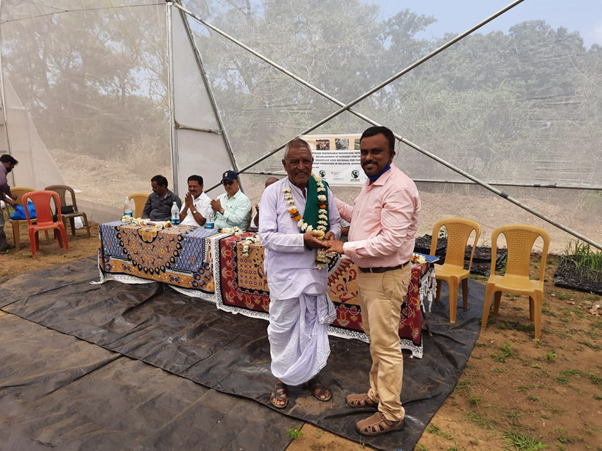 Ishwar Basappa Seeli, a 74-Year-old farmer member from Itagi, a village in the Belgaum district of Karnataka mentions- ” The Program was very useful and the entire village and its surrounding communities will benefit from the new sugarcane planting technique. The surrounding villagers are looking at this structure and the new technique is spreading fast. It saves 6 Irrigations, reduces our cost of production, and provides better yield and higher income. During the COVID crisis, the new technique has helped us to get better income.’
Ishwar Basappa Seeli, a 74-Year-old farmer member from Itagi, a village in the Belgaum district of Karnataka mentions- ” The Program was very useful and the entire village and its surrounding communities will benefit from the new sugarcane planting technique. The surrounding villagers are looking at this structure and the new technique is spreading fast. It saves 6 Irrigations, reduces our cost of production, and provides better yield and higher income. During the COVID crisis, the new technique has helped us to get better income.’
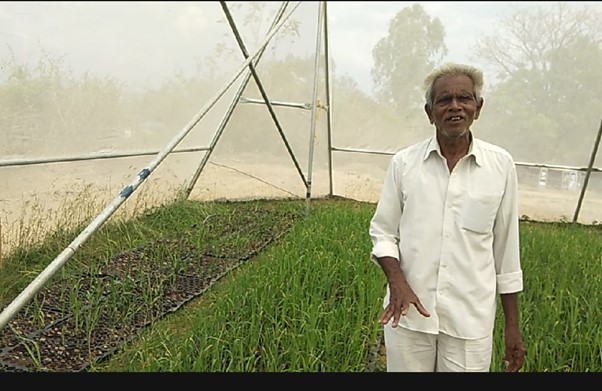 ‘’We are grateful to Dr. Sunil Kumar Nooli from Sugarcane Research Institute, Sankeshwar for providing such a wonderful training on New cultivation practices in Sugarcane. The new varieties and techniques have not only have improved our knowledge but also assures us of better yield and income which is very much necessary during the pandemic. ’’ Earappa Basavanappa Aralikatti is a 70-year-old sugar farmer from Itagi a village in the district of Belgaum, of Karnataka State in India.
‘’We are grateful to Dr. Sunil Kumar Nooli from Sugarcane Research Institute, Sankeshwar for providing such a wonderful training on New cultivation practices in Sugarcane. The new varieties and techniques have not only have improved our knowledge but also assures us of better yield and income which is very much necessary during the pandemic. ’’ Earappa Basavanappa Aralikatti is a 70-year-old sugar farmer from Itagi a village in the district of Belgaum, of Karnataka State in India.
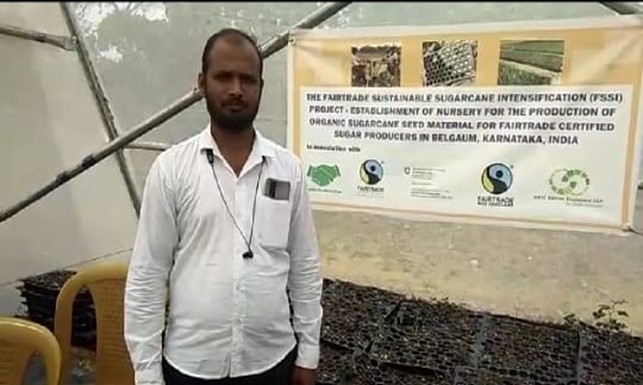 ‘’ It is a great achievement for all the 4 Sugar SPOs to have formed the Sugar consortium and built a good sugarcane shade net nursery. The training by Dr. Nooli was also very useful. We have learned how to produce better sugarcane seedlings for the future. We wish that the technique reaches to more farmers to bring a revolution in the sugar Industry through better performance and better income during the Covid pandemic.”- Manjunath Gurunath Kulkarni is a 32 years farmer hailing from a Village called Aravatagi in the Dharwad district of Karnataka, India.
‘’ It is a great achievement for all the 4 Sugar SPOs to have formed the Sugar consortium and built a good sugarcane shade net nursery. The training by Dr. Nooli was also very useful. We have learned how to produce better sugarcane seedlings for the future. We wish that the technique reaches to more farmers to bring a revolution in the sugar Industry through better performance and better income during the Covid pandemic.”- Manjunath Gurunath Kulkarni is a 32 years farmer hailing from a Village called Aravatagi in the Dharwad district of Karnataka, India.
When all the principles and practices of FSSI are followed, it works in synergy to improve the cane quality and productivity and to achieve higher yields and extra income from intercropping. The planting of cane sugar as per the FSSI methodology, in addition to increasing the tillering ability of the variety, also increases the individual weight of the canes with enhanced height and girth. Early planting of the seedling enables the plant to develop a stronger root system (shoot root) and synchronous and healthy tillers because of abundant sunlight availability and efficient use of water and nutrients. There is quicker growth, subsequently increasing productivity. Moreover, intercropping during the cane cultivation cycle yields 20 percent additional profits on investment.
In sugarcane cultivation, the seed is the main input cost, amounting to INR 25,000-30,000 per ha. The cost of seed can be greatly reduced by producing it in a special seed nursery as above. For this, farmers can be motivated by providing subsidies for shading nets, coco piths, vermicompost units, and plastic trays so that they can easily adopt this technique because they are usually hesitant to purchase new inputs. If the farmers are motivated to produce their seed by FSSI methods, the costs of production can be reduced, and a disease-free crop can be produced resulting in higher productivity of sugarcane in the SPOs region. If farmers can be motivated to produce their seed by FSSI methods, the costs of production can be reduced, and a disease-free crop can be produced resulting in higher productivity of sugarcane SPOs region.
‘’ Fairtrade NAPP will continue to support the producers who implement good projects which are beneficial to the Fairtrade community. This project will benefit all the members by reducing the water requirement, increasing yield and income.’’ – Ranjith Kumar, Fairtrade Regional General Manager
‘’ Fairtrade NAPP will support the producers if they are interested in taking up new projects and make use of the opportunity. NAPP supports viable projects which will benefit the Fairtrade community’’ – Manoj Kumar, Fairtrade Program Consultant
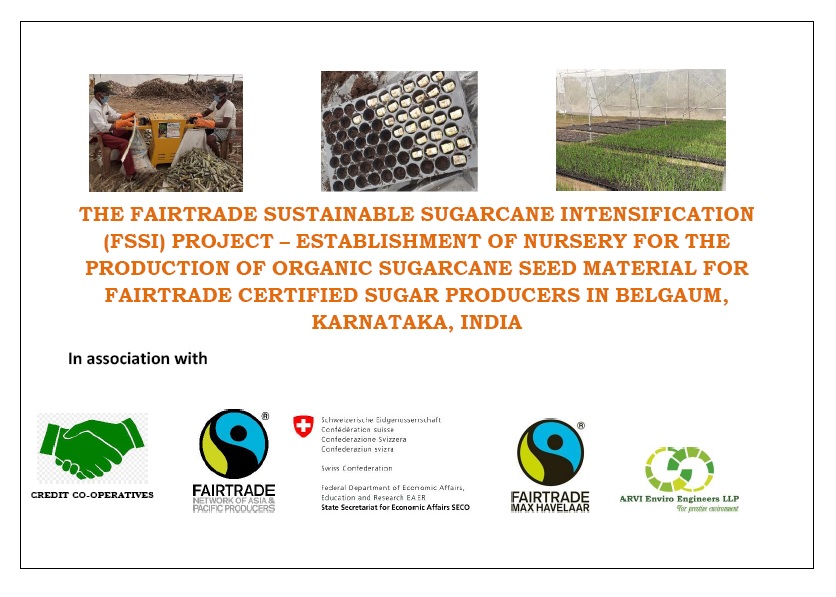

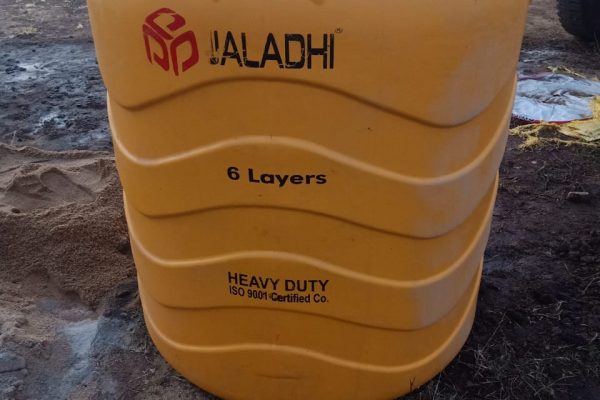
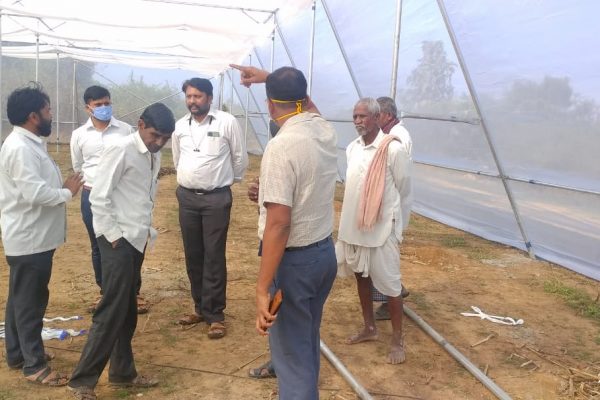
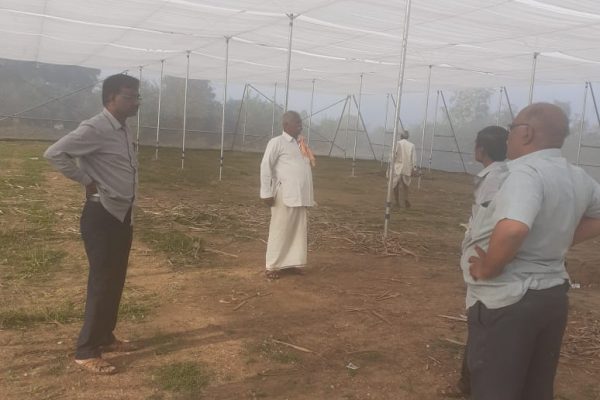
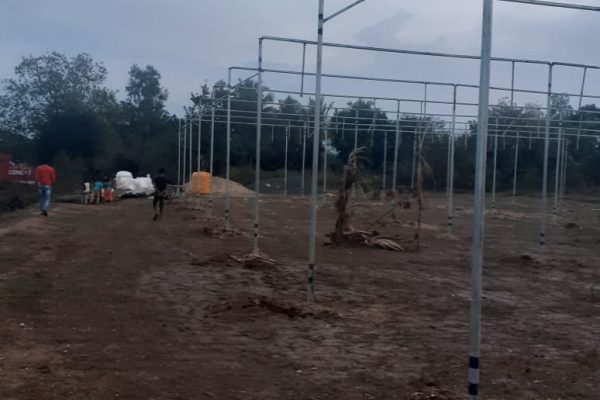
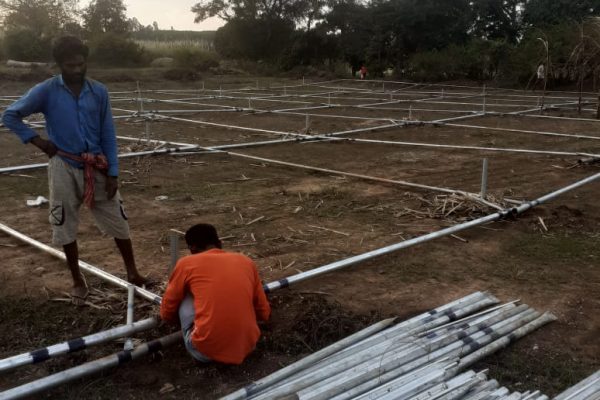
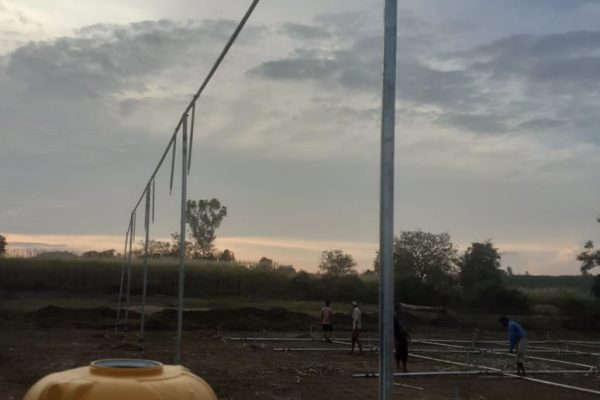
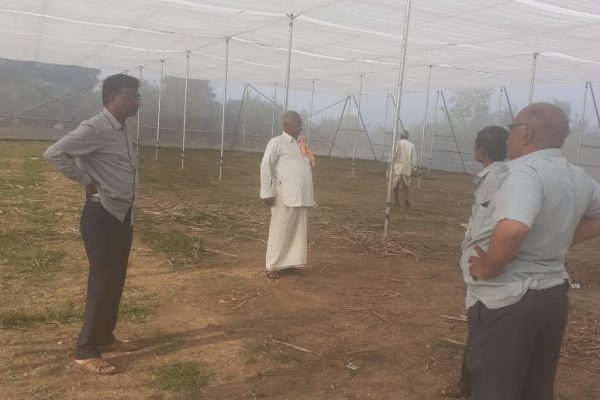
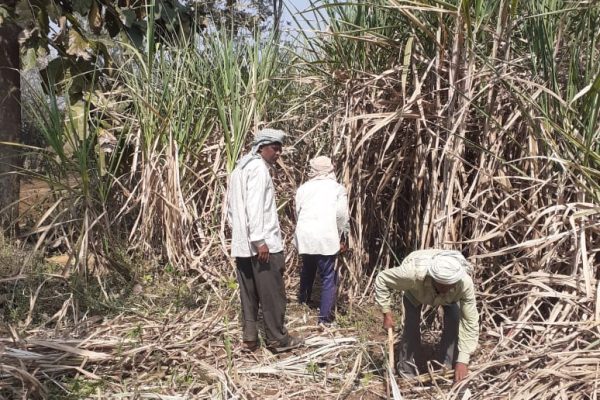
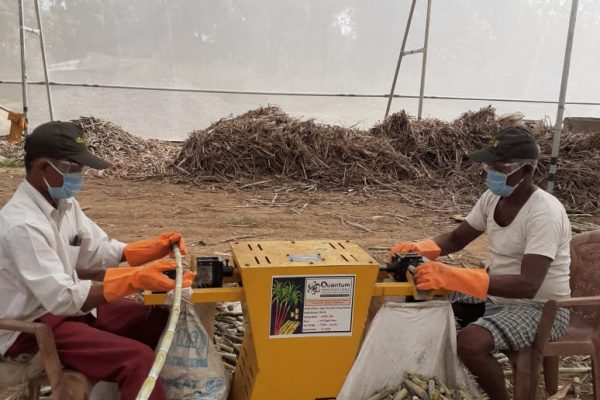
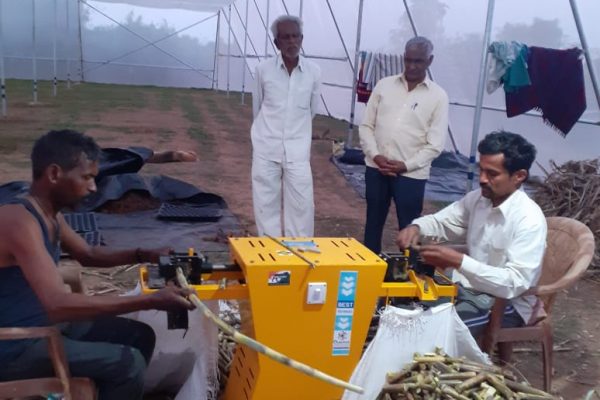
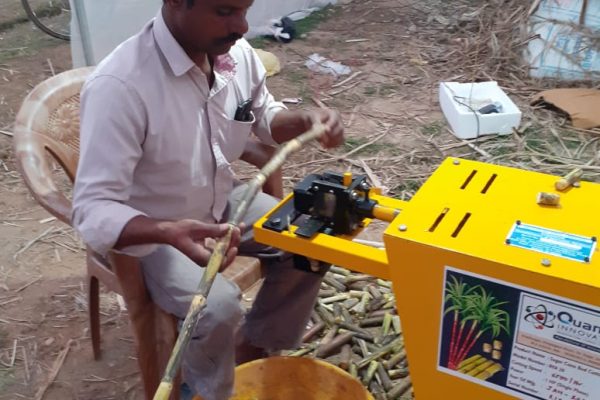
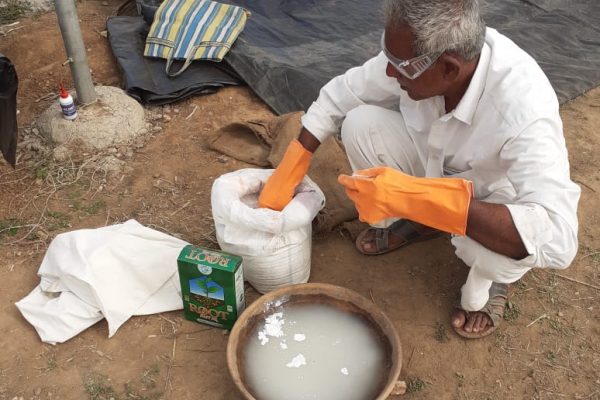
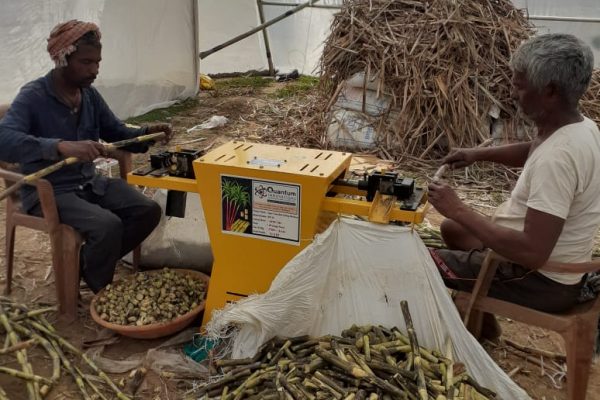
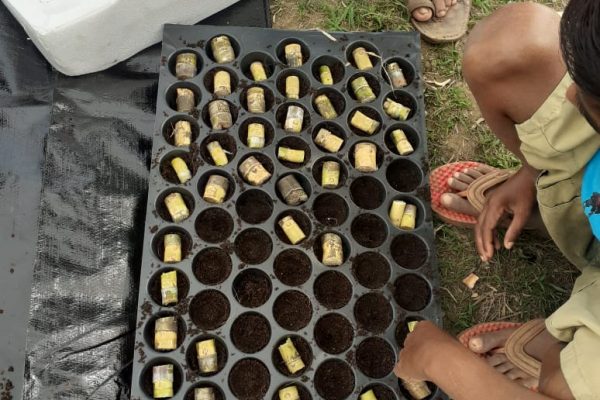
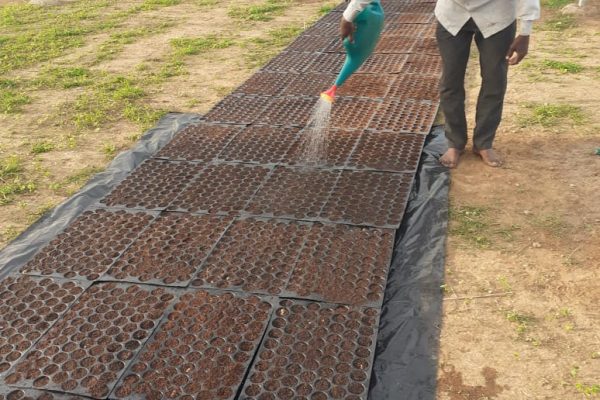
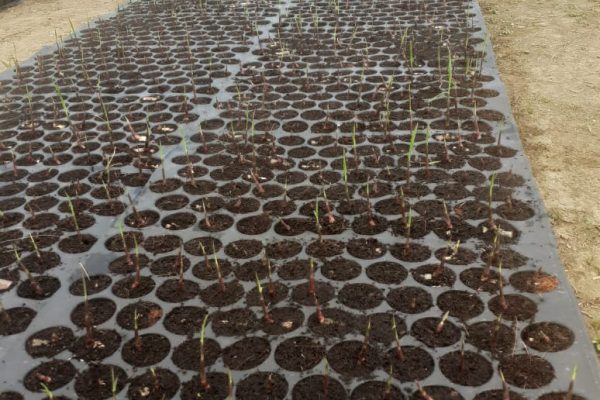
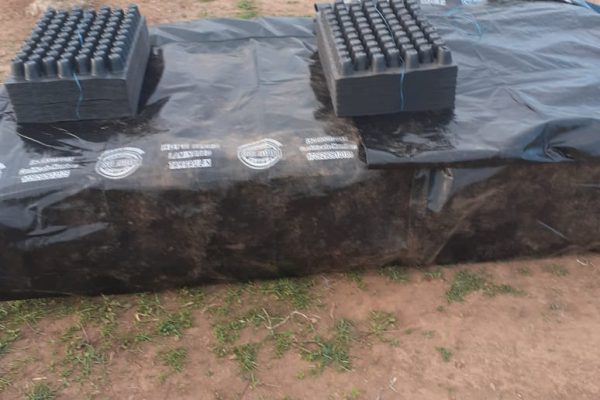
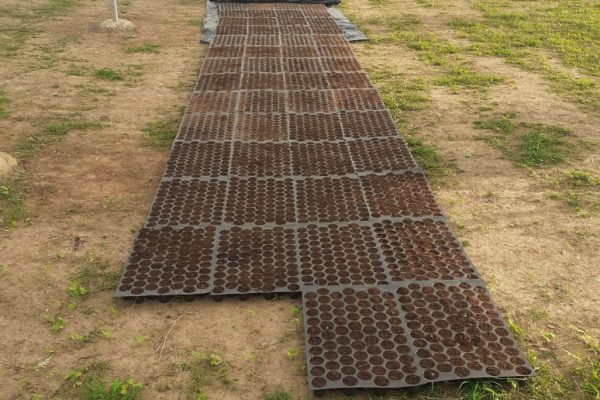
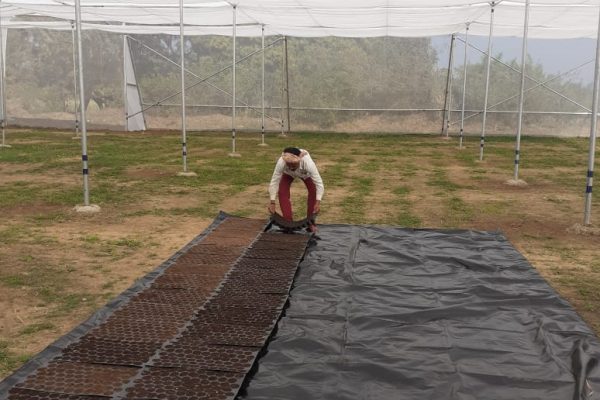
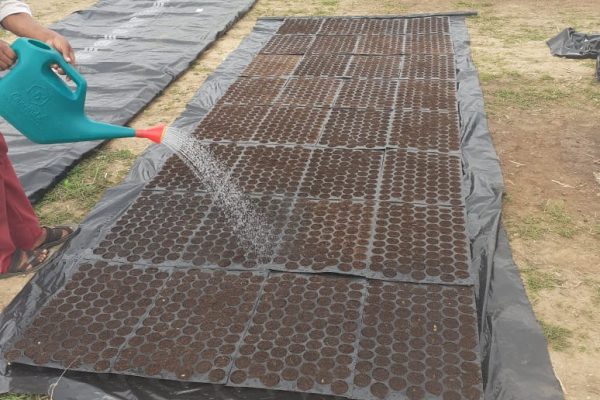


 The Fairtrade sugar SPOs was represented by Muniraju K. S; Fairtrade NAPP – Board member who provided a brief on the
The Fairtrade sugar SPOs was represented by Muniraju K. S; Fairtrade NAPP – Board member who provided a brief on the 

